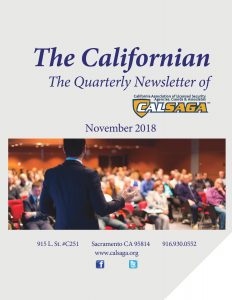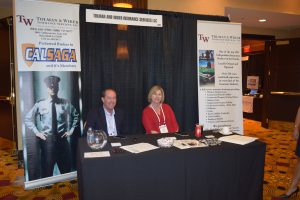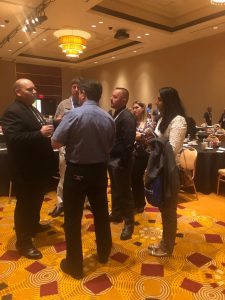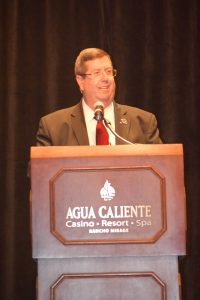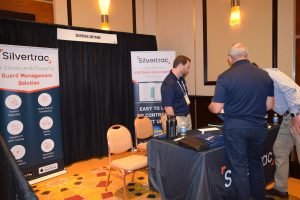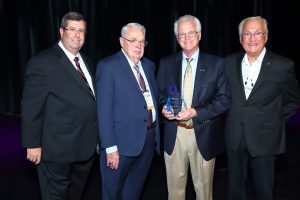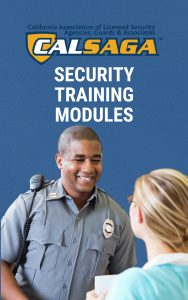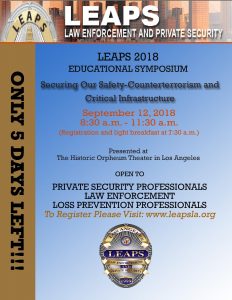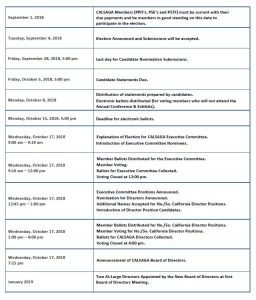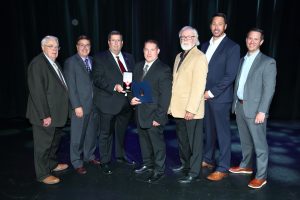As an association we strive to keep you up-to-date on relevant information for your business. Please review the following important information below from CALSAGA Network Partner Anne Laguzza of The Works Consulting.
_ _ _ _ _ _ _ _ _ _ _ _ _ _ _ _ _ _ _ _ _ _ _ _ _ __ _ _ _ _ _ _ _ _ _ _ _ _ _ _ _ _ _ _ _ _ _
Be Prepared for the New Sexual Harassment Prevention Laws
It’s time to expand sexual harassment prevention training for all California employers. Effective January 1, 2019 SB1343 requires all employers with 5 or more employees to provide sexual harassment prevention training to all employees. The deadline for compliance with the initial training requirement is January 1, 2020.
While providing some type of training to all employees has always been recommended as a “best practice” – it will now be a requirement. Prior to this change, only employers with 50 or more employees had a requirement to train supervisory employees.
Under the new law employers must provide:
Supervisory employees with 2 hours of training every 2 years
Nonsupervisory employees with 1 hour of training every 2 years
Both supervisory and nonsupervisory employees must be trained within 6 months of hire (or promotion in the case of a supervisor).
Beginning January 1, 2020, seasonal and temporary employees, or any employee that is hired to work for less than 6 months must receive sexual harassment prevention training within 30 days of hire or within 100 hours worked, whichever occurs first. If the temporary employee is employed by a temporary services employer, the temporary services employer is responsible for the training, not the client.
As required under existing law, the training must be interactive, include information on state and federal laws, provide practical examples for supervisory and nonsupervisory employees, provide clear guidance on reporting concerns and prohibited retaliation and it must include a component on the prevention of abusive conduct in the workplace as well as information on harassment based on gender identity, gender expression, and sexual orientation. The training must be provided by facilitators who have knowledge and expertise in harassment, discrimination and retaliation.
Employers should create their training plan now to meet the 2020 deadline. Employers can choose the method of training that best suits their workplace such as large workshops, small round table sessions or webinars. The Department of Fair Employment and Housing (DFEH) is required to provide training materials as part of this new law and employers may want to evaluate those resources, including online training courses available to employers in English and several other languages. An updated poster and fact sheet will also be available from the DFEH to all employers.
Beyond the training, find ways to reinforce the laws in your workplace through well-written policies, ongoing communication with your teams and taking action when a complaint is received.
Anne L. Laguzza, M.A.
Chief Executive Officer
The Works Consulting
www.theworksconsulting.com
_ _ _ _ _ _ _ _ _ _ _ _ _ _ _ _ _ _ _ _ _ _ _ _ _ __ _ _ _ _ _ _ _ _ _ _ _ _ _ _ _ _ _ _ _ _ _

